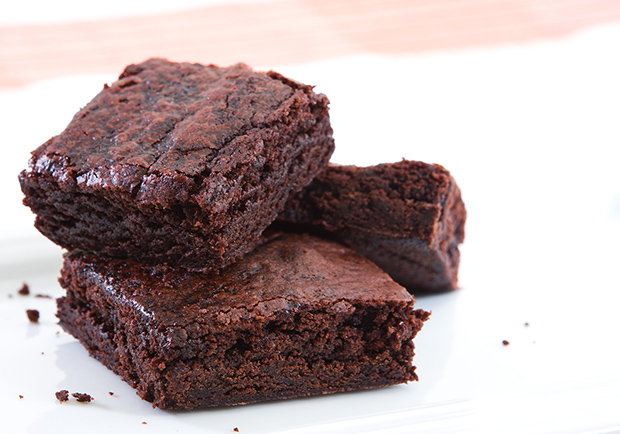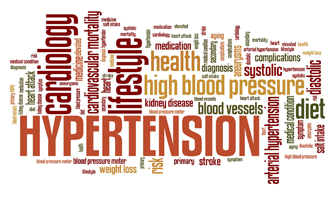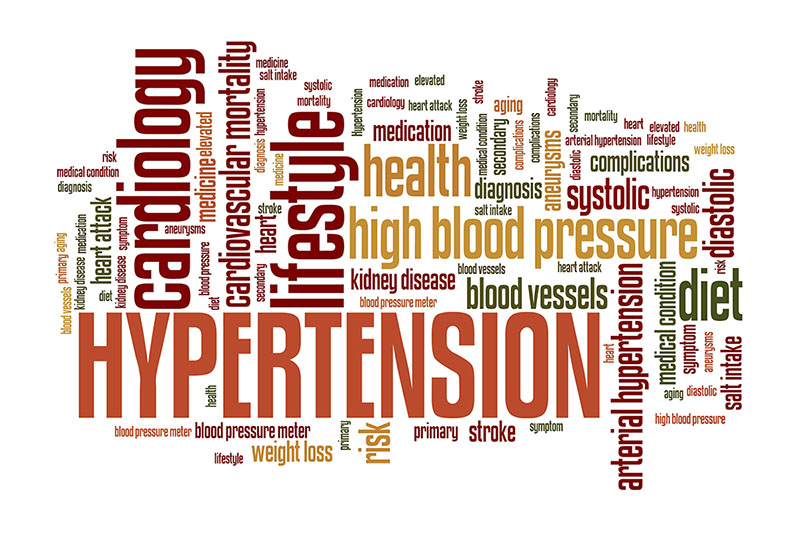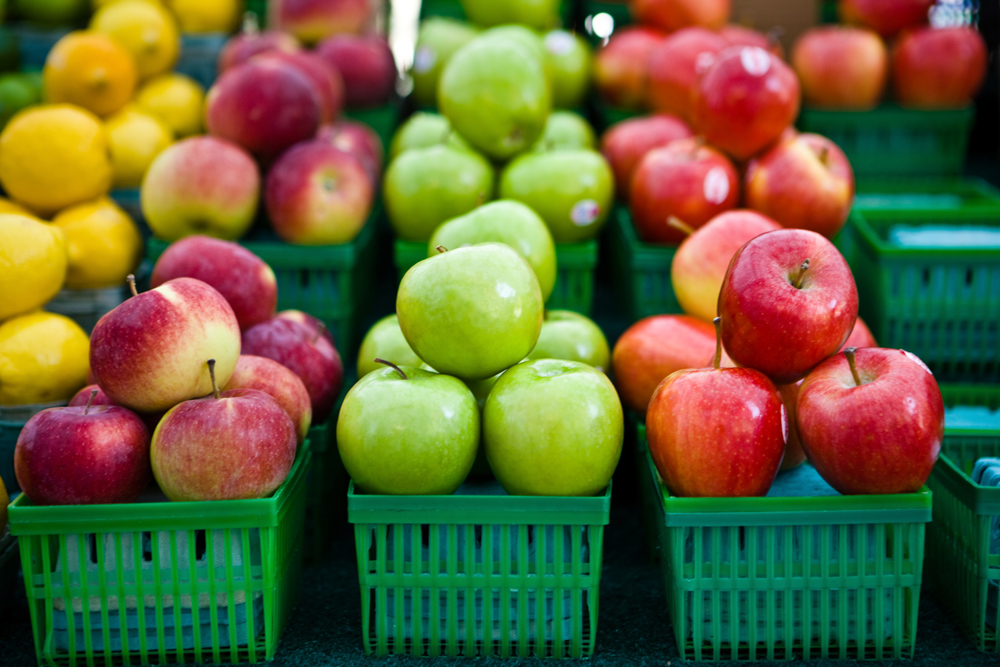7 Healthy Foods That Are Actually Frauds
These foods seem healthy, but they are definitely hiding something.
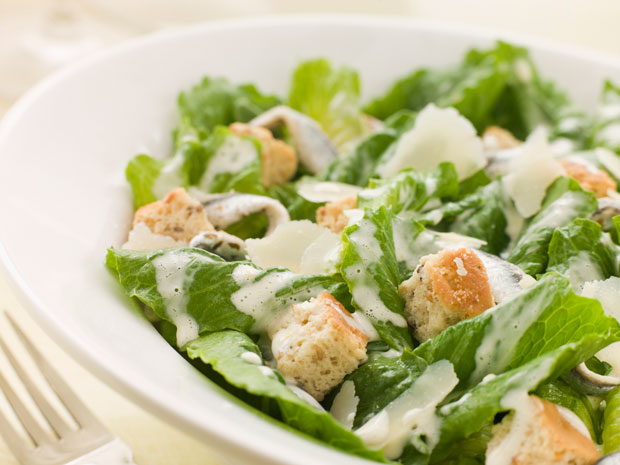
Each day you have to make decisions about your health, and food plays a significant role. From meals to snacks and beverages throughout the day, finding a balance in your nutrition is essential to living healthy.
Some foods and drinks are easy to label as healthy or unhealthy, then there are those that seem nutritious but actually have a side that packs a nasty punch (high sugar, etc.) if you’re not ready for it.
These seven foods are commonly perceived as healthy, when in reality, they aren’t as balanced or nutritious as you may think.
1. Caesar Salad
You may think healthy because you heard the word salad. The truth is, a small portion of Caesar salad often contains 300 or more calories and up to 30 grams of fat. Yikes! Much of that is due to the dressing itself, but when push comes to shove, are you really going to eat the salad without dressing? After all, the dressing is what makes it a Caesar salad.
Caesar isn’t the only culprit—salads in general often contain added calories due to extra ingredients like cheese, croutons, and dressing.
2. Orange Juice
You may enjoy the taste and high vitamin C content, but orange juice purchased from the store is a wolf in sheep’s clothing when it comes to sugar. Popular brands contain up to 22 grams of sugar per eight ounces. That's nearing the maximum daily allowance for adults in one measly glass; men: 37.5 grams or nine teaspoons and women: 25 grams or six teaspoons.
3. Granola
Granola is popular in energy bars, as a snack, and with yogurt. Granola touts high fiber and iron content but also contains a significant amount of sugar and calories. Granola is a more plausible option on days you plan to exercise and burn a lot of calories.
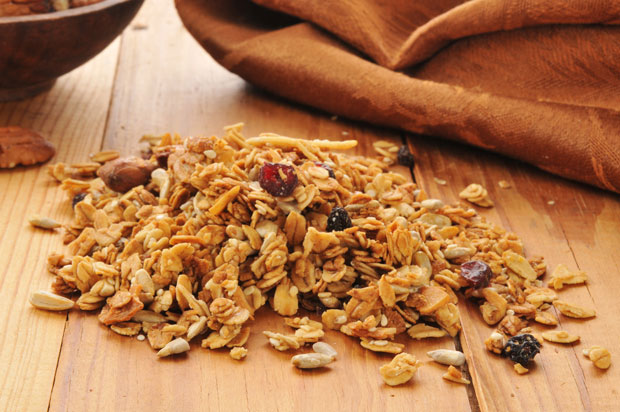
4. Flavored instant oatmeal
Flavored instant oatmeal contains high amounts of sodium (240 grams) in each serving or packet. Popular brands also have up to 12 grams of sugar per serving. It’s much healthier to eat regular oatmeal (think big cylinder package at grocery store) then add your own flavoring, like cinnamon or fruit.
5. Skim milk
Whole milk contains more fat than skim milk, but it also contains more nutrients. According to menshealth.com, skim milk cuts down on fats and nutrients then adds synthetic vitamins to make up for the lost calcium and protein. The bottom line: That’s a lot of extra processing and in the long run the difference may not be as healthy as you think. 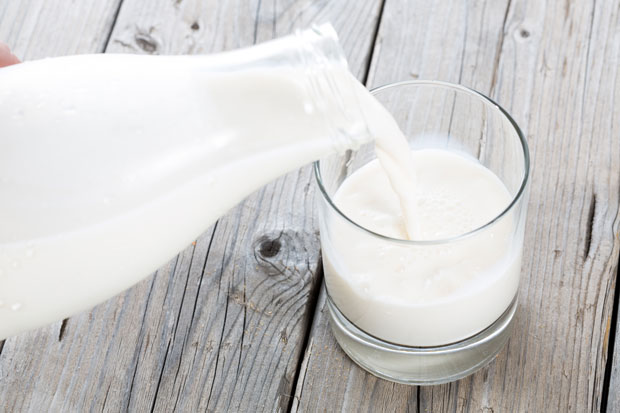
6. Packaged meats
If you’re going to bake a turkey or ham then use the leftovers for a sandwich, you’re on your way to a healthy and extremely tasty meal. Packaged meats, however, don’t have the same health benefits as leftovers from a home-cooked meal. Watch for high sodium (240 grams per serving or more) and added preservatives in packaged deli meats.
7. Store-bought smoothies
Stores and franchises commonly use fruit juice, yogurt, or sherbet as key ingredients in smoothies. The flavors can be great, but the nutrition goes down because that bump in flavor is packed with sugar and calories. A smoothie made from a common franchise may contain 400-600 calories and won’t fill you up like a meal would.

There you have it—seven foods that commonly deceive. Now you can see through the charade and make an extra effort to keep your nutrition balanced.


